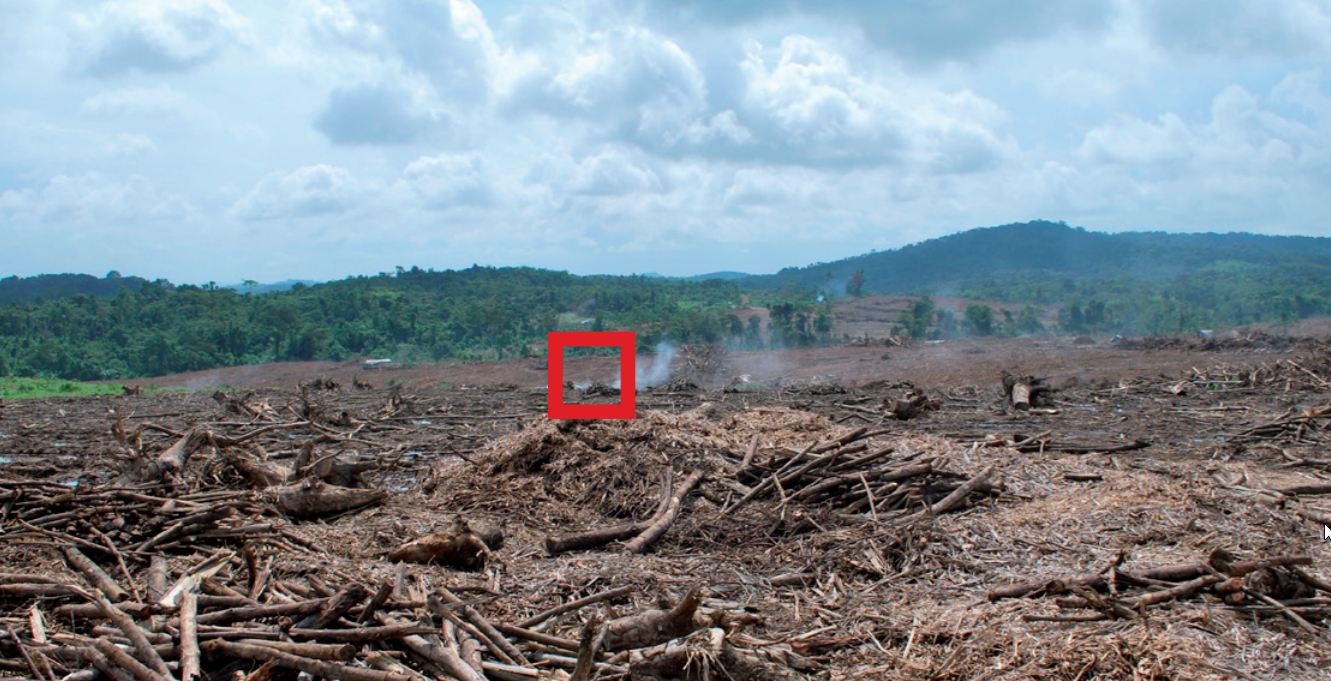
Burning Rubber
Buchanan Renewables’ Impact on Sustainable Development in Liberia
Buchanan Renewables (BR) established its operations in Liberia in 2006, a time when the country was just recovering from its devastating civil war, and when a new energy strategy based on the use of biomass as an important energy source had been developed in Europe. While the company actively promoted its business model of producing biomass from old unproductive rubber trees as a sustainable one, it also received criticism due to the fact that smallholder rubber farmers were not benefitting as much as they had expected. This research aims to assess how a number of stakeholders have been affected by the practices of BR, and to what extent these practices reflect the socially and environmentally sustainable public image of the company. The report evaluates four different issues related to BRs activities: 1) The regulatory framework for BRs operations in Liberia; 2) the impacts on smallholder rubber farmers; 3) the impacts on the Liberian charcoal market; and 4) tax avoidance through its corporate structure. BRs activities include the production of biomass from old rubber trees, which it sources from both smallholder rubber farmers and from large plantations, and the construction of a biomass-fuelled power plant to supply the capital of Monrovia. The company agrees to clear the old trees from the smallholder farms, then replant new seedlings and provide maintenance for the first seven years. The power plant still has not been built, which means that all of the biomass that the company produces is currently being exported, mainly to Europe. The combination of renewable energy production and the rejuvenation of Liberias rubber farms form the basis of BRs image as a socially and environmentally responsible company. Based on this image, BR has been able to secure loans and guarantees from development financing institutions, while Swedish utility Vattenfall has acquired a minority share of BR. The ultimate mother company of the group is a mailbox company in the Netherlands.
Do you need more information?
-

Joseph Wilde-Ramsing
Advocacy Director
Partners
Publication
Related content
-
-
Cut and Run Published on:
 Joseph Wilde-RamsingPosted in category:Publication
Joseph Wilde-RamsingPosted in category:Publication Joseph Wilde-Ramsing
Joseph Wilde-Ramsing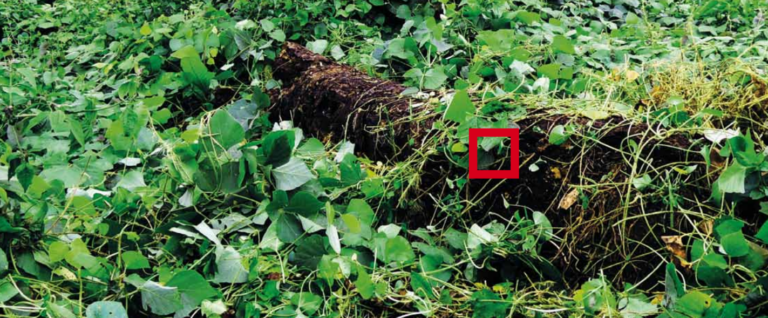
-
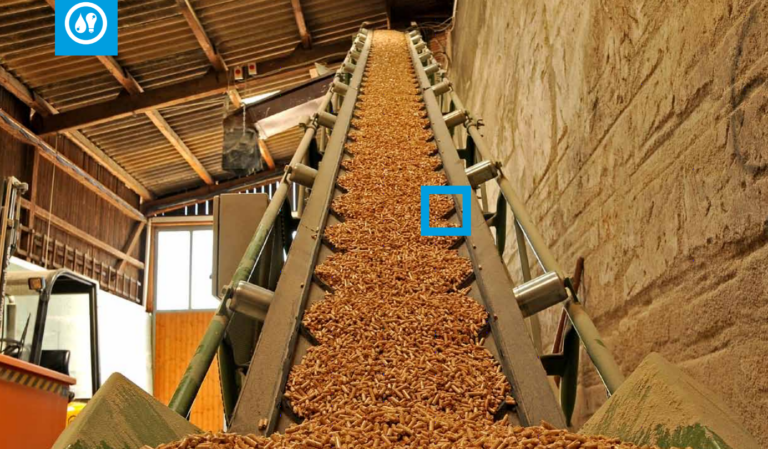
-
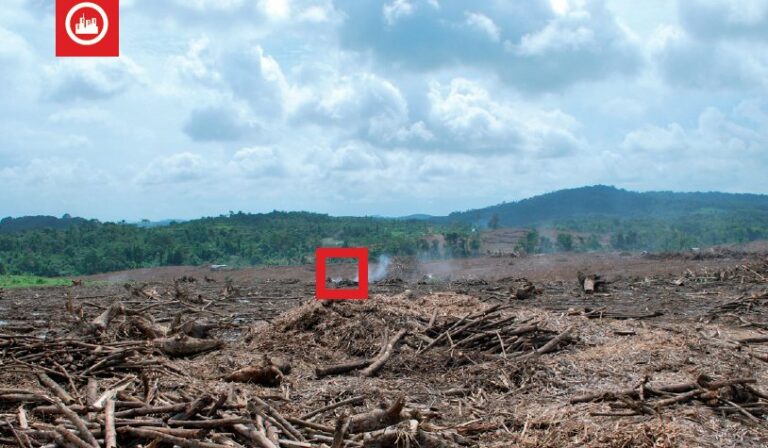
-

-
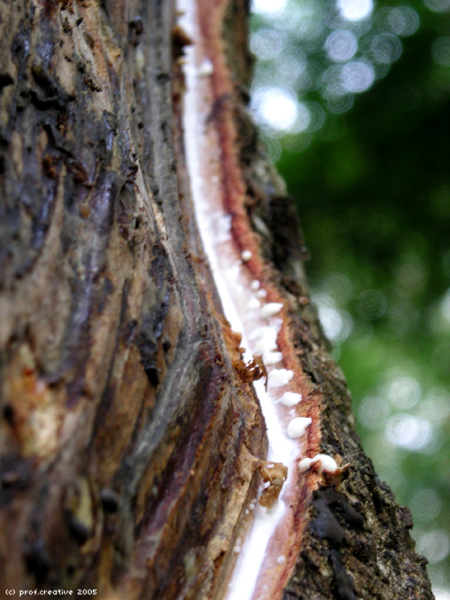 Complaint filed in the United States for adverse impacts of Buchanan RenewablesPosted in category:NewsPublished on:
Complaint filed in the United States for adverse impacts of Buchanan RenewablesPosted in category:NewsPublished on:

